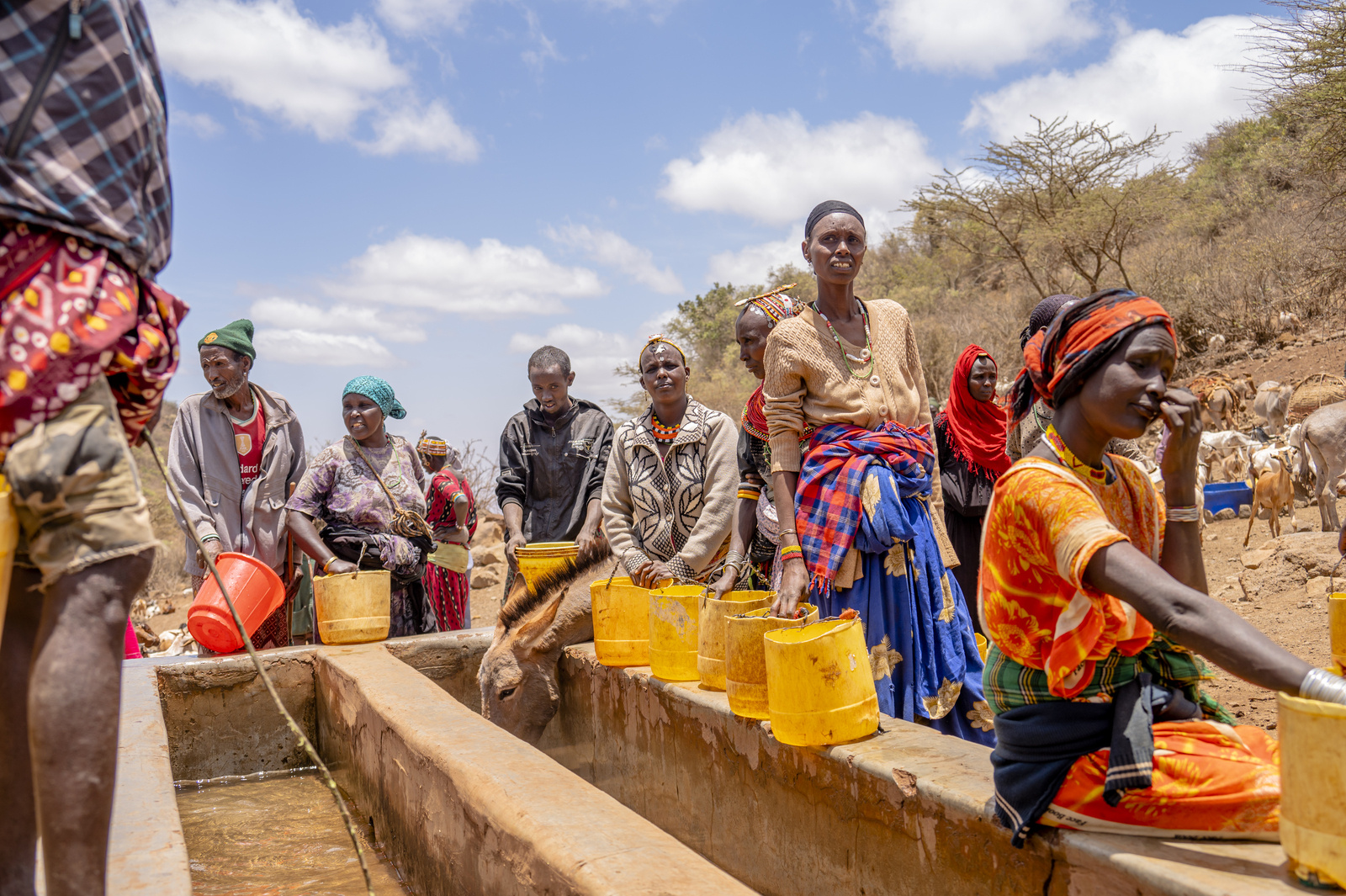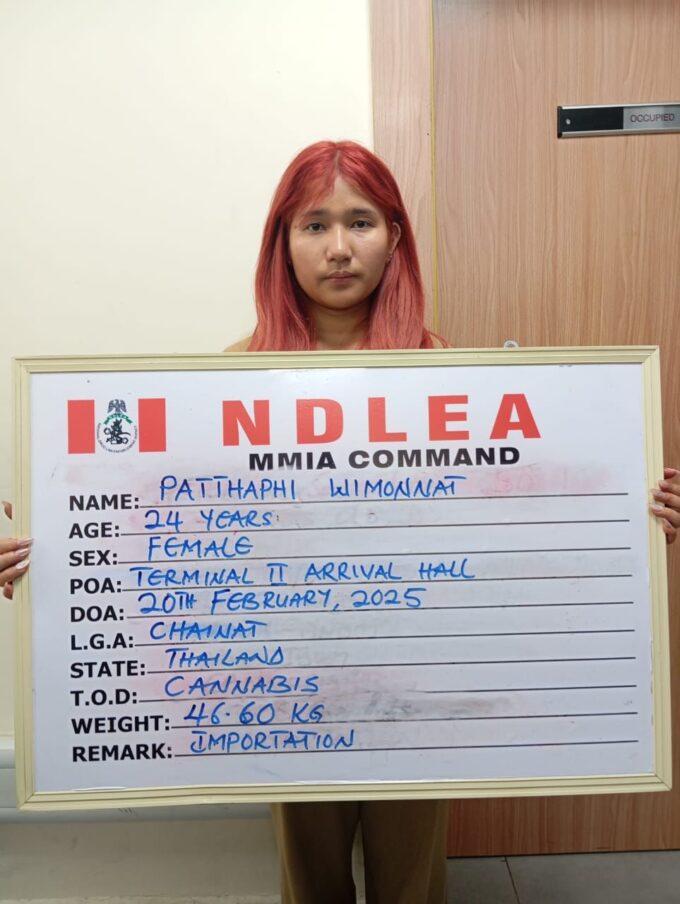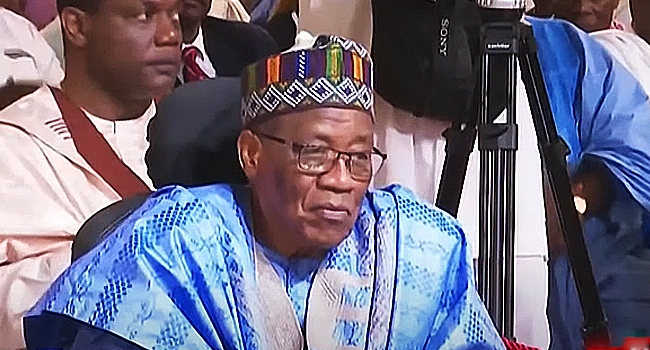The World Bank and the Global Fund to Fight AIDS, Tuberculosis, and Malaria (the Global Fund), have signed a Memorandum of Understanding (MoU) to strengthen health systems in countries of the Global South.
This is contained in a statement issued by the World Bank Online Media Briefing Centre.
The statement said the goal was to support more efficient, effective, and sustainable financing to improve health outcomes in the face of climate change.
It said the latest estimates showed that more than half of the global population was not fully covered by essential health services.
” Also, the climate crisis will only increase the demand for effective services, especially for the most vulnerable people.”
The statement said specifically that the two organisations would work together on climate and health priorities to reduce the burden of malaria, HIV/AIDS, and tuberculosis (TB).
It said this would be achieved through stronger health systems, including better access to primary healthcare services for the most vulnerable populations.
According to the statement, the World Bank estimates that 132 million people may be forced into extreme poverty by 2030 due to climate change.
“One-third are the result of climate-related health risks disproportionately affecting the poorest and most vulnerable people.”
The statement quoted World Bank President, Ajay Banga, as saying “we cannot make adequate progress on public health while rising temperatures change the patterns of infectious diseases and breed pandemics.
“Our only option is to respond aggressively, simultaneously, and comprehensively.
Banga said the partnership with the Global Fund was another step forward in the bank’s effort to recruit partners and build the coalition that was needed to deliver impact.
It also quoted Peter Sands, Executive Director, Global Fund, as saying “to stand a chance at achieving the targets of ending AIDS, TB, and malaria, we must redouble our efforts to fight these diseases.
“That includes investing to build health systems that can withstand the effects of climate change.
“With malaria serving as an early tracer of the impact of climate on health, we need intensive interventions and strong partnerships to reverse the negative impact of climate change on health.”
Read Also: UNDP Call In Top PR Talent To Tackle Climate Crisis
The statement said importantly, the two organisations would also advocate for increased financing for health and building country capacity for more efficient and sustainable financing across health systems, including for HIV/AIDS, TB, and malaria.
The statement said the goal was to make better use of scarce domestic and international health resources, including through better public finance management in countries.
It said the two organisations would also use various financing modalities, including joint investments and blended finance, and collaborate on joint investments.
The statement said another area of joint focus would be on strengthening the regional production and procurement of health supplies, including drugs and medical devices.
“Access to essential health supplies is necessary to ensure preparedness and strong and resilient health systems.
“The organisations will help localise health supply chains by supporting sustainable manufacturing in Africa and low- and middle-income countries.”
It said since 2017, the World Bank and the Global Fund had supported many countries by investing with blended finance transactions.
“In Haiti, co-financing increased the use of primary healthcare services and strengthened disease surveillance and in The Gambia, direct co-financing supported strengthened health systems for HIV/AIDS and TB.”
According to the statement, the Global Fund is a worldwide partnership to defeat HIV, TB, and malaria and ensure a healthier, safer, more equitable future for all.
” We raise and invest more than five billion dollars a year to fight the deadliest infectious diseases, challenge the injustice that fuels them, and strengthen health systems and pandemic preparedness in more than 100 of the hardest-hit countries.
“We unite world leaders, communities, civil society, health workers, and the private sector to find solutions that have the most impact, and we take them to scale worldwide.”
It said since 2002, the Global Fund partnership had saved 59 million lives.














